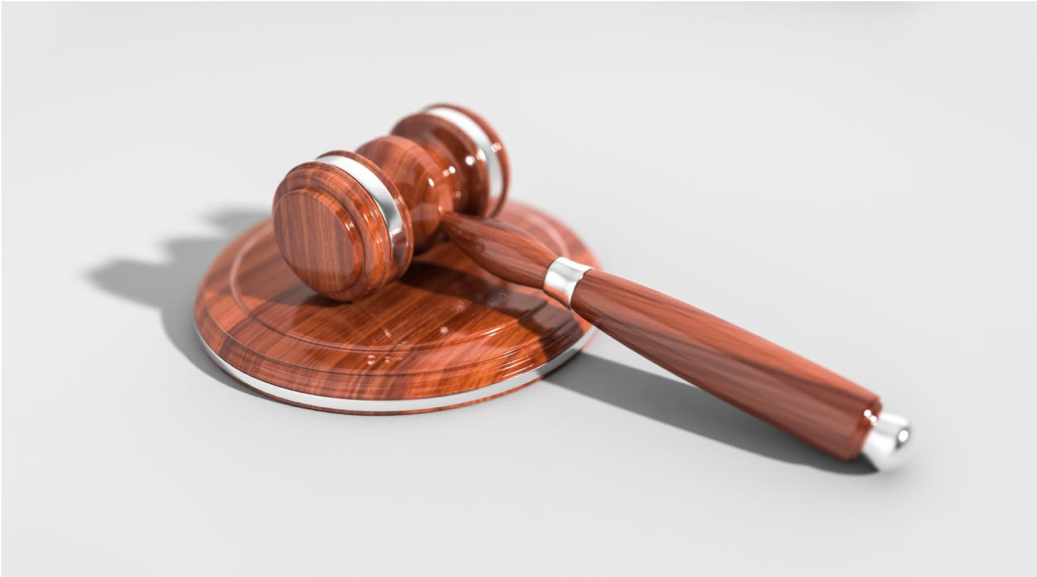With the number of cyberattacks growing at a rapid rate, the majority of the world’s countries are trying to fight against the bad guys by implementing the so-called cyber laws. A total of 138 world’s countries have integrated cyber law legislations into their justice systems. Unfortunately, 18% of the world’s countries still haven’t set these laws in place. Below is a brief explanation of what cyber laws are and what are the major categories you should be familiar with.
What Are Cyber Laws
Cyber laws are laws created to protect individuals from fraud and other criminal activities on the internet. This type of law includes laws related to computer crime, internet crime, and technology crime in general. Since the criminal activity in the digital economy became a global problem, these laws were set in place to create penalties for those who cross the line on the internet. Below are the five major areas of cyber law.
The Major Areas of Cyber Law
#1 Fraud
Fraud is one of the most common types of internet crimes and it refers to identity theft, credit card theft, or any other type of financial theft. These incidents are usually the result of serious cyberattacks and the person or people behind them can face federal or state criminal charges.
#2 Copyright
Copyright violation is a serious crime on the internet, no matter what type of content is being used. Copyright laws defend the rights of companies and individuals who hold authorship rights on different types of content, including music, videos, images, texts, or files and documents.
#3 Defamation Laws
Defamation laws fall into the category of civil laws that protect people from untrue public statements. The internet is a free space, which means anyone can write whatever they want without even revealing their identity. While hiding behind usernames and fake profile icons, people can make all sorts of statements that can hurt businesses or the personal reputation of others. The defamation laws serve to protect individuals from such incidents.
#4 Freedom of Speech
While defamation laws prevent people from spreading untrue information, freedom of speech laws allow them to speak their mind freely. However, there is a clear line where freedom of speech turns into defamation and starts carrying serious legal consequences.
#5 Harassment and Stalking
There are certain sets of cyber laws that protect individuals from harassment and stalking on the internet. Just like in real life, stalking people online to an extent where it becomes threatening and endangering carries serious legal consequences. Stalking and harassing individuals online is considered a serious violation of civil laws, hence the need to set penalties for such offense on the internet.
Conclusion
Cyber laws are an important part of any country’s justice system. Unfortunately, not all countries in the world have implemented cyber laws yet. However, the majority of the world is moving in the right direction toward stopping criminal activity on the internet. To avoid having to deal with these matters, make sure to protect your data and devices using the NIST safety measures. That way you can reduce the risk of potential security attacks.



 714-333-9620
714-333-9620